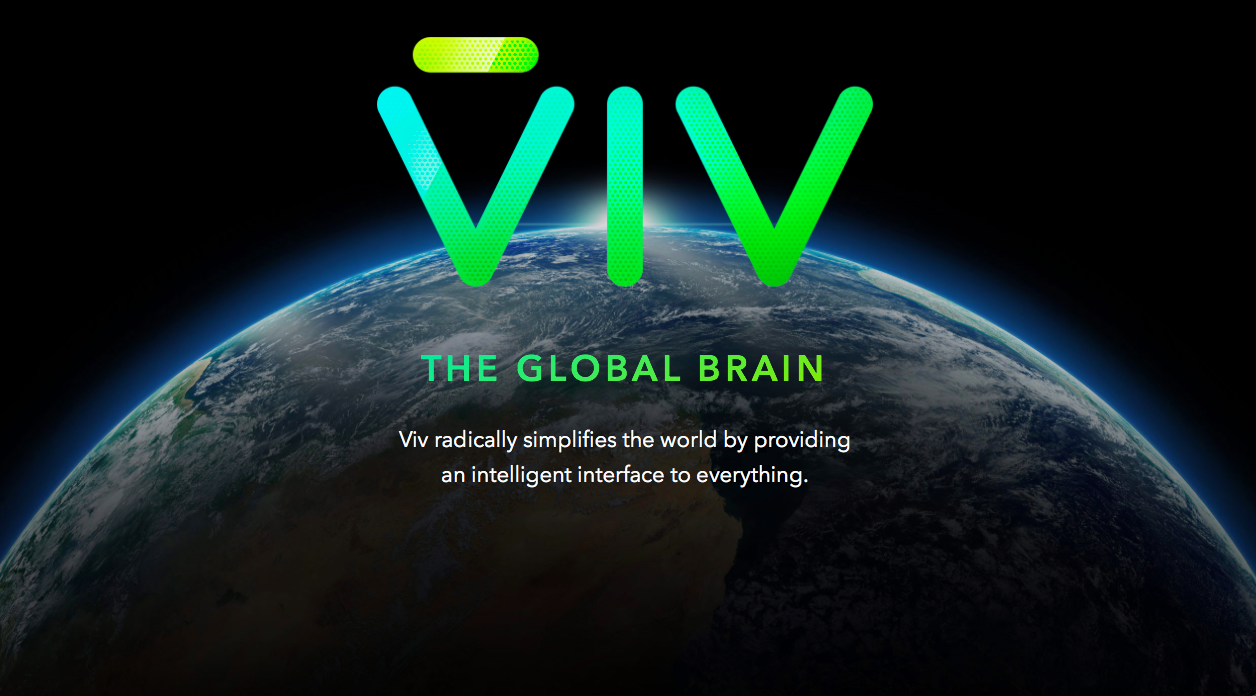Samsung has agreed to acquire Viv, the next-gen AI assistant that was developed by Siri co-founders Dag Kittlaus and Adam Cheyer. TechCrunch reports that it will continue to operate as an independent company, providing services to Samsung and its platforms.
Viv made numerous headlines earlier this year, when the team demonstrated the power of its assistant. In one scenario, it was able to successfully order a pizza over the Internet customized with toppings from several employees with a few simple voice commands.
Here are some excerpts from Kittlaus’ Medium post regarding the acquisition:
Samsung, as you surely know, is the market leader in smart devices across a wide range of use cases and industries. They ship 500 million devices a year. They also sell more smartphones and TVs than any other company in the world, not to mention a hundred million appliances, and their ambitious Virtual Reality product line. Their product mix naturally fits Viv’s “simplify your interactions through conversation.”
[…] In order for Viv to utilize the incredible scale Samsung offers, and in order to achieve our ultimate goal of redefining the way people interact with the digital landscape, it would be essential for Viv to be available across morethan just Samsung devices. Our vision requires that Viv be everywhere.
Samsung is with us. We share a mutual vision to leapfrog the current state-of-the-art in AI, ushering in a new era.
Viv will live on as an independent subsidiary of Samsung, able to both meaningfully integrate intelligence across a wide variety of products at scale in ways never before seen, and eventually fulfill the vision of the “everywhere assistant” as a major paradigm in its own right.
The move is significant for a few reasons. One, Viv employs a number of former Siri—and thus Apple—team members. Two, AI has become a hot tech topic, and folks who believe Apple has fallen behind in this space are questioning why it didn’t snap Viv up itself.
Things certainly just got a lot more interesting. What do you make of this move by Samsung?
Source: TechCrunch
